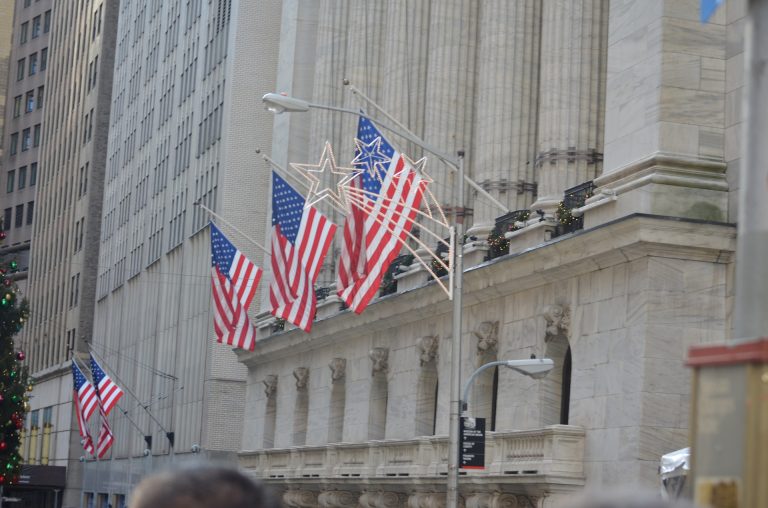The decades-long relationship between Wall Street and China seems to be coming to an end as many Chinese companies face the risk of being removed from U.S. stock exchanges. The development comes as the Securities and Exchange Commission (SEC) approved rules that will allow it to delist foreign companies that refuse to open their books to U.S. regulators.
With Chinese firms listed in the U.S. coming under the scrutiny of regulators from both Beijing and Washington, a selloff of Chinese stocks in the United States has resulted in a wipe out of more than $1 trillion in value since February this year. With its market capitalization plummeting by about $430 billion, or nearly 60 percent, Jack Ma’s Alibaba Group Holding Ltd. is leading in terms of losses.
After Didi Global Inc. recently announced its intentions to delist its shares from the New York Stock Exchange (NYSE), the Nasdaq Golden Dragon China Index, which tracks China-exposed companies registered in the U.S., went down by 9.1 percent on Dec. 3. This was the index’s greatest fall since 2008.
Didi’s abrupt decision came amidst a broadening crackdown by Beijing on its homegrown tech companies. Didi apparently drew the wrath of Beijing for going ahead with its plans to list in the U.S. before completely dealing with domestic regulatory concerns pertaining to data. It also shows how communist China is willing to go to any extent to protect its data, private or public. The firm’s shares have declined over 50 percent below its $14 IPO price.
Cowen & Co. analyst Jaret Seiberg wrote in a note, “This represents the steady march toward the required de-listing of Chinese companies from U.S. exchanges… We do not believe Congress or the SEC see the value of letting Chinese firms list in the U.S. as worth the cost of not being able to inspect the audits.”
Success
You are now signed up for our newsletter
Success
Check your email to complete sign up
Investors who rode the U.S.-listed Chinese stocks’ bullish wave from the 2020’s COVID-19 selloff to a record high in February 2021 have been ripped off by the drastic decline.
“It’s sad to see what’s going on…When you consider a lot of Chinese companies are walking on eggshells to please the Chinese government, to please the U.S. government,” Edith Yeung, general partner of Race Capital, said in a Bloomberg Television interview. She is anticipating more firms to follow Didi’s footsteps of listing in Hong Kong.
The Nasdaq Golden Dragon China Index is on course for its poorest annual performance since 2008 after falling 43 percent this year. A series of relentless clampdown policies by both the U.S. and China has led to a slump of at least five percent in eight separate trading days. By contrast, the S&P 500 Index has encountered only five such declines in the past decade.
Although Chinese stocks listed in the U.S. have been battered this year, a global gauge of stocks with high sales exposure to the Asian nation has generated good returns. According to Bloomberg data, the MSCI World with China Exposure Index rose nine percent this year, surpassing the Golden Dragon China Index by more than 50 percentage points, which is the widest gap since 2003.














